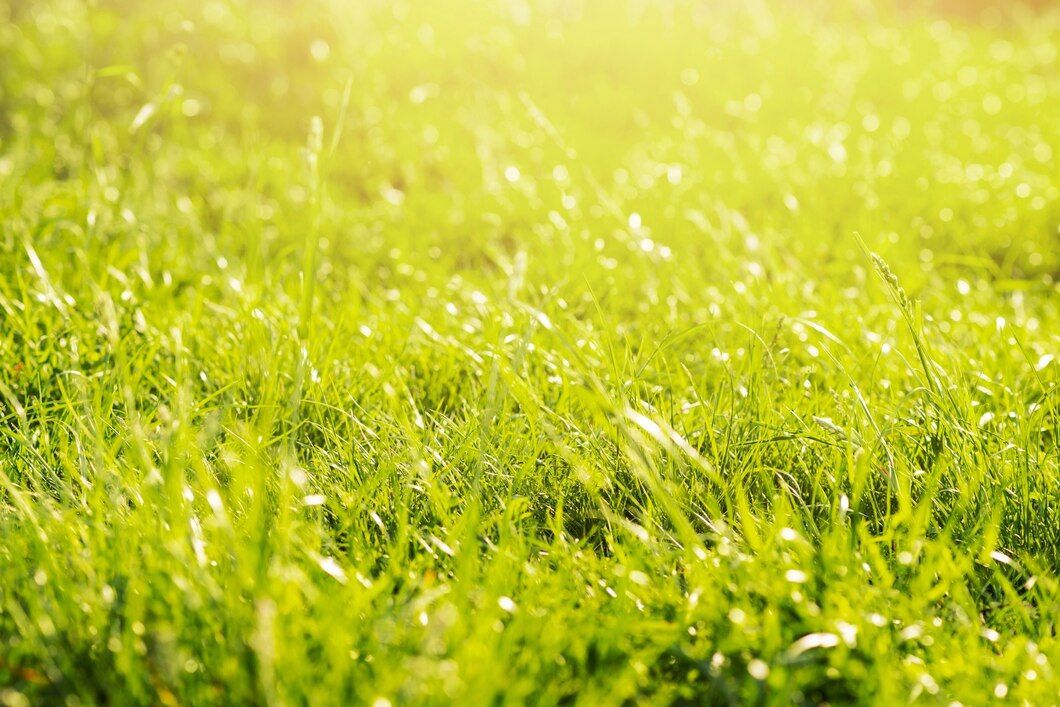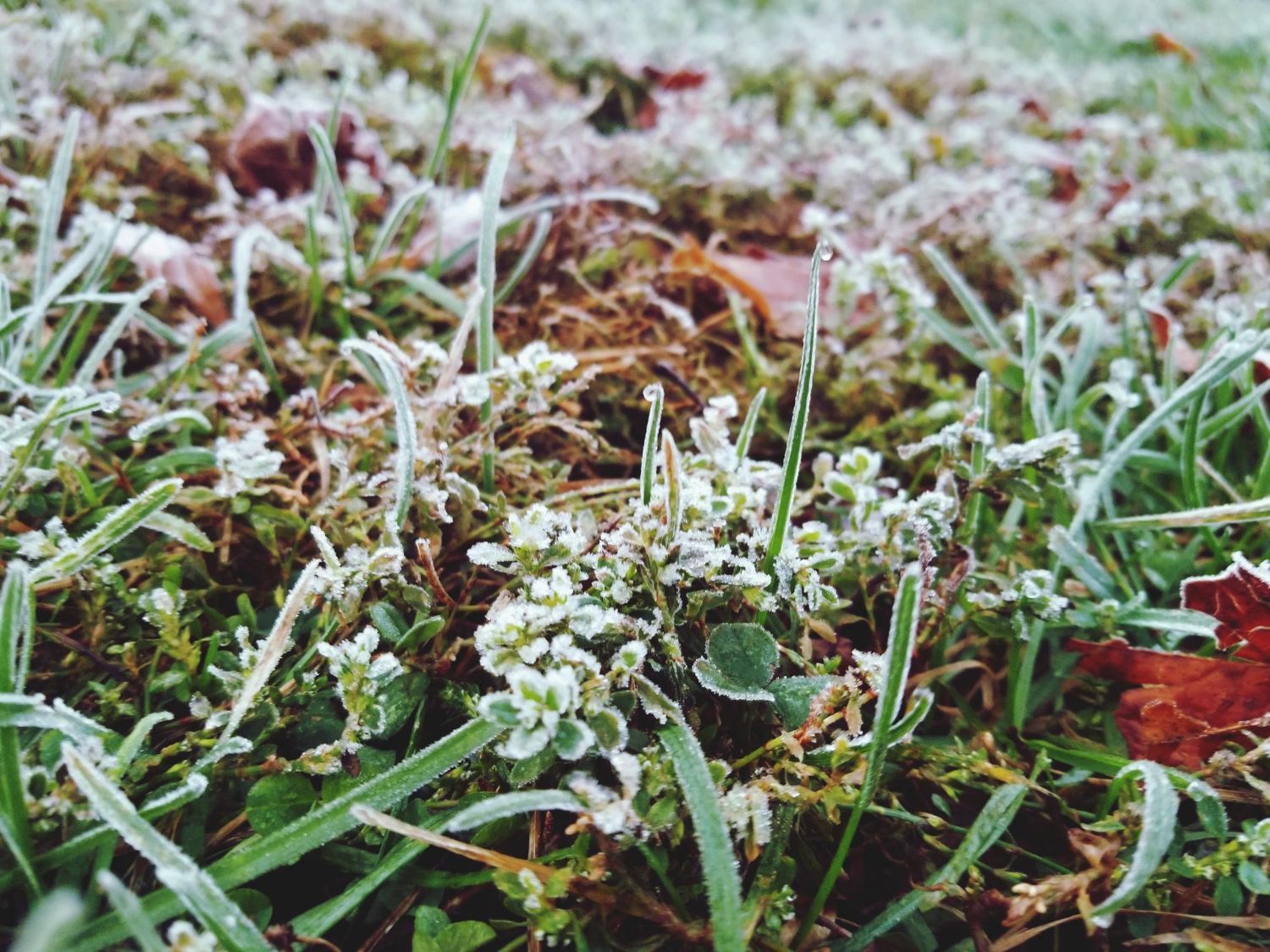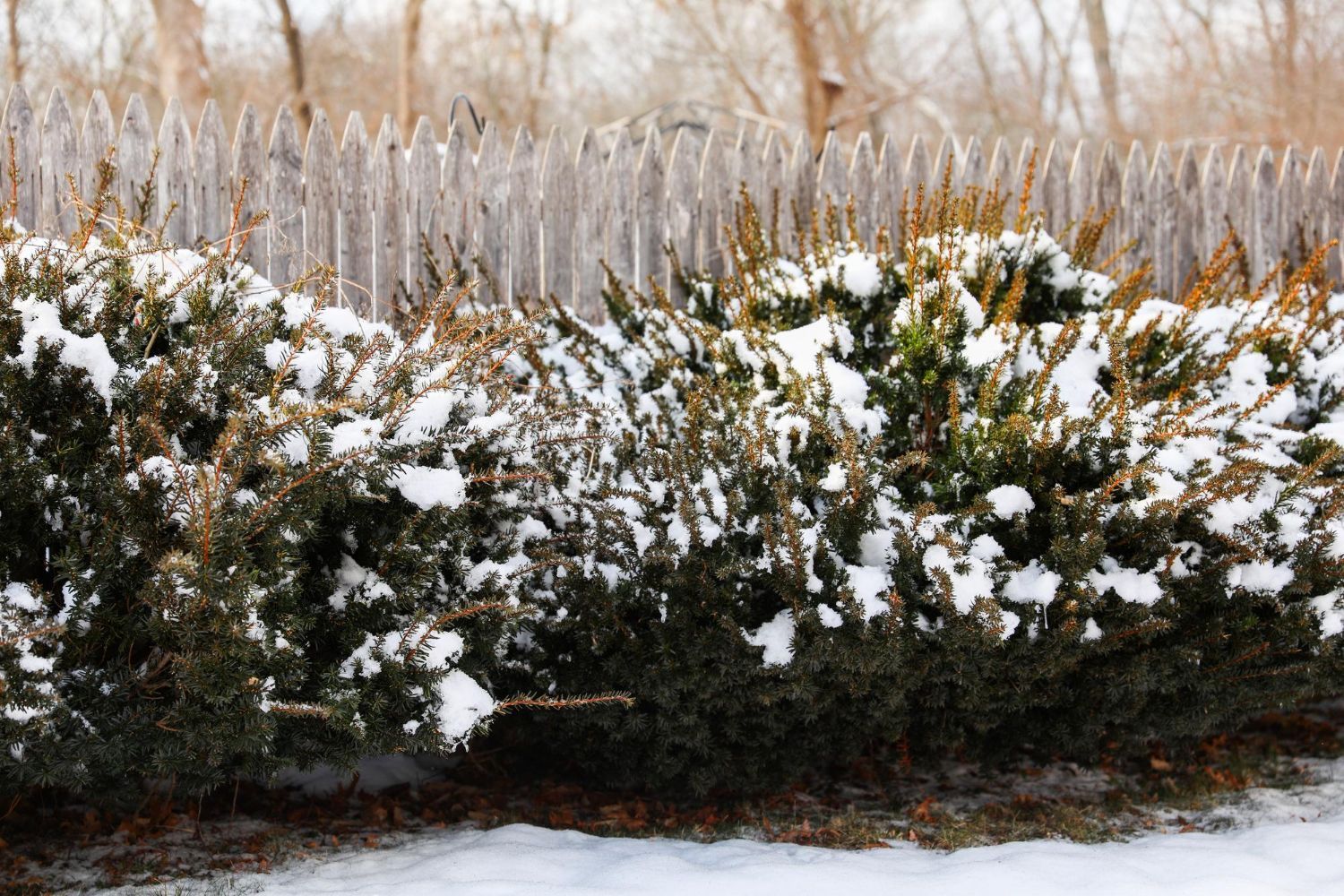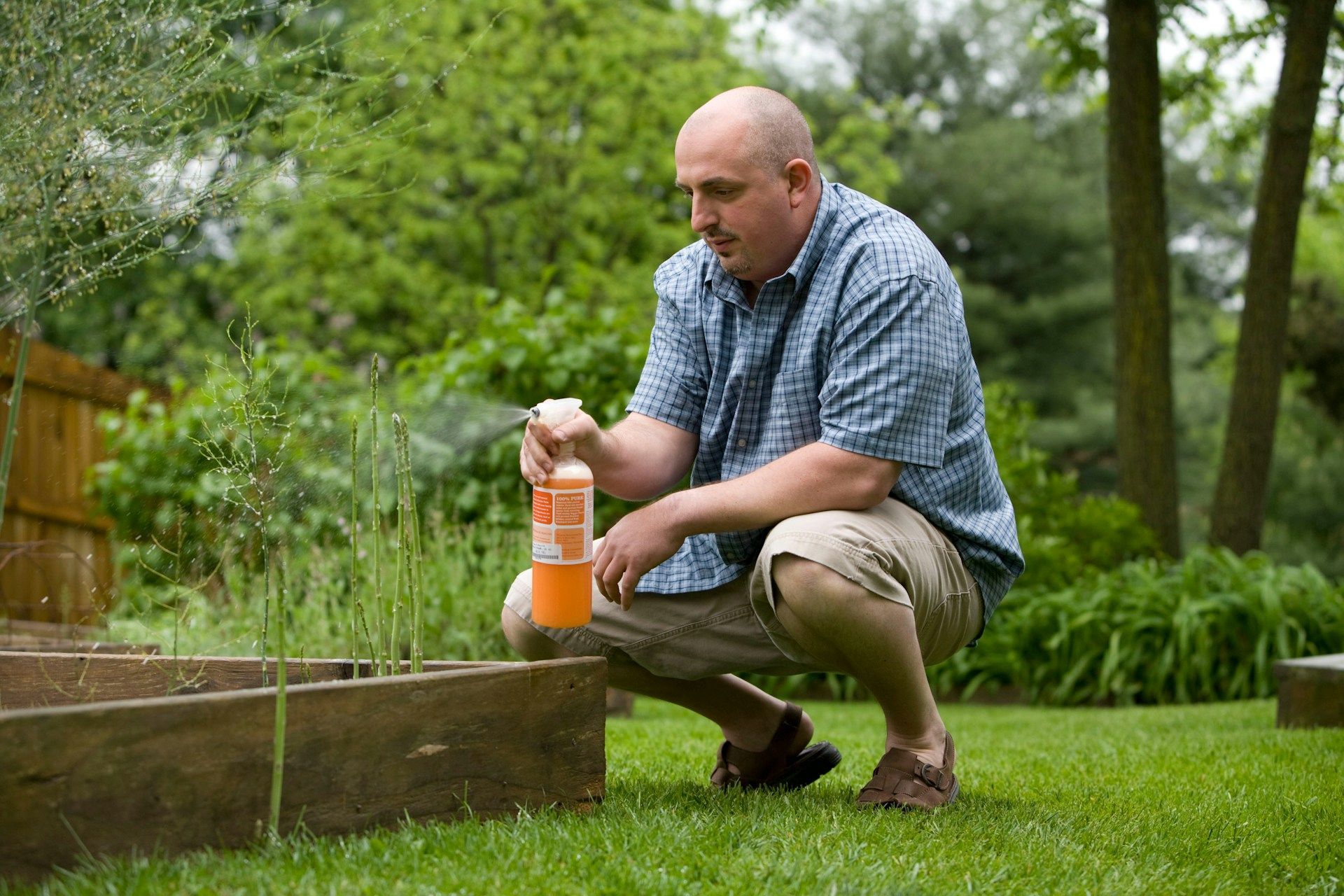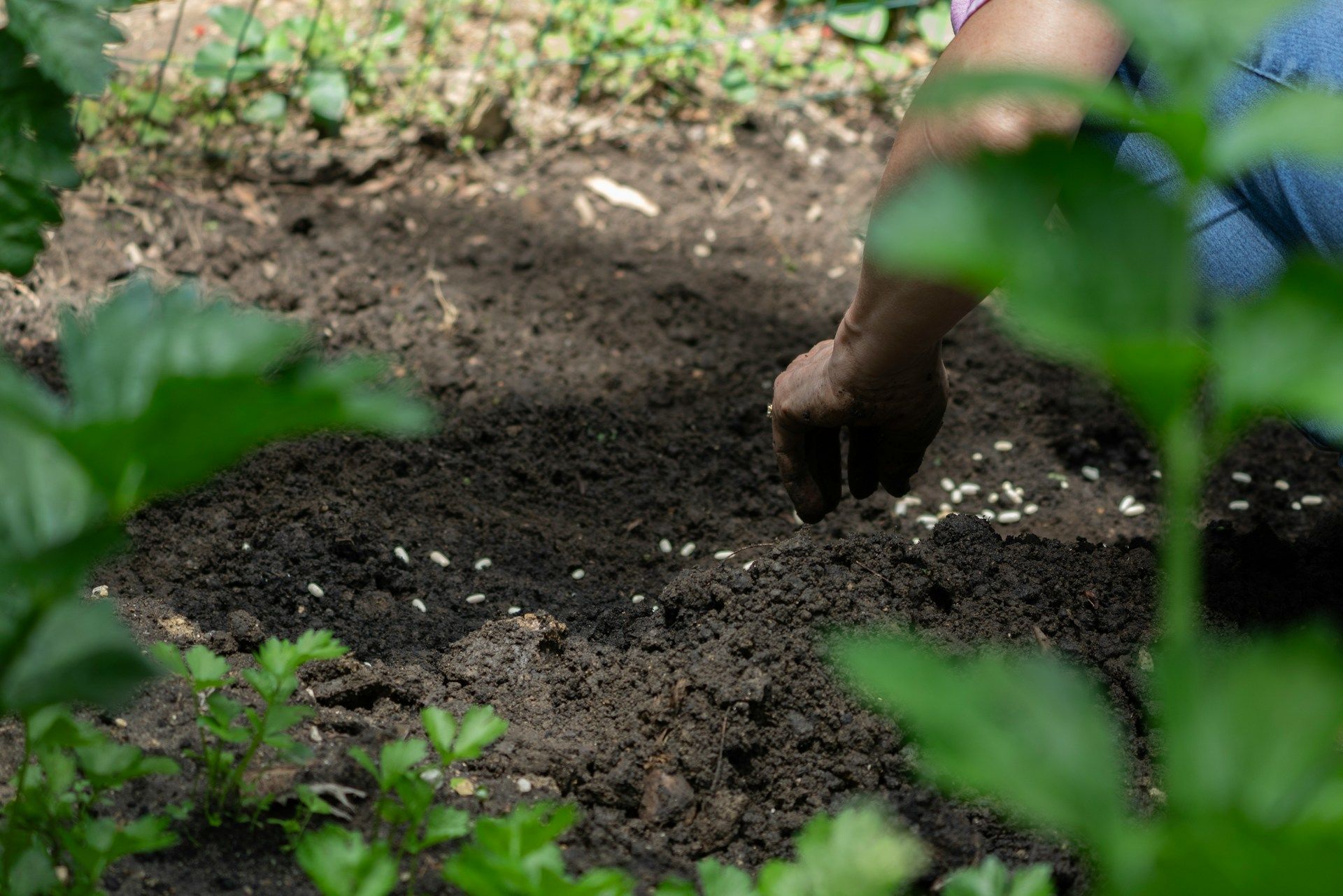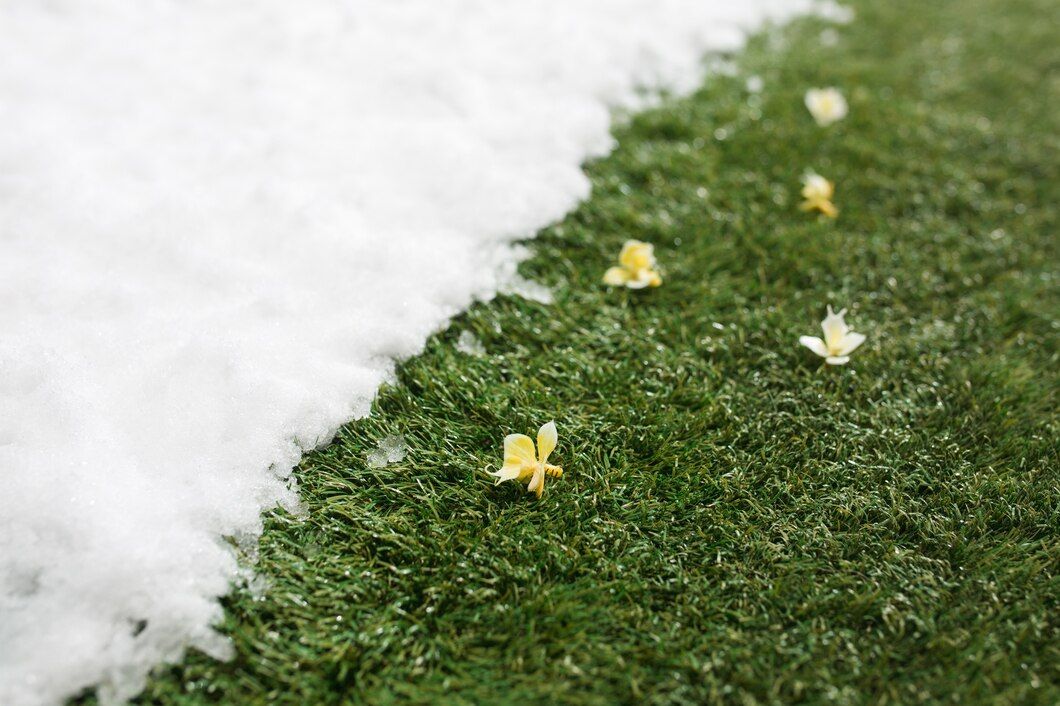What Our Customers Are Saying
Best Ways to Control Weeds and Feed Your Lawn
A lush, green lawn is a beautiful sight but requires proper maintenance. Controlling weeds and feeding your lawn are two of the most critical steps. Weeds steal nutrients and water from your grass, making your lawn look patchy and unhealthy. On the other hand, proper fertilization gives your grass the nutrients it needs to grow strong and vibrant.
Understanding how to manage weeds and fertilize your lawn can help you achieve the perfect lawn. Simple, effective strategies can keep your lawn looking its best throughout the year. Let's dive into the best ways to control weeds and feed your lawn.
Understanding Weed Control and Lawn Fertilization
Weed control and lawn fertilization are crucial for maintaining a healthy, lush lawn. Weeds compete with grass for sunlight, water, and nutrients, causing your lawn to look uneven and stressed. By managing weeds, you ensure your grass gets the resources it needs to grow strong.
Fertilizing your lawn is just as important. To stay green and healthy, grass needs nutrients, including nitrogen, phosphorus, and potassium. Fertilization helps replenish these nutrients in the soil, promoting vigorous growth and better resistance against diseases and pests. A well-fed lawn is more likely to crowd out weeds and maintain its vibrant color.
Combining weed control and fertilization results in a beautiful, robust, resilient lawn. Regular treatments and proper care can transform a struggling yard into a picturesque landscape.
Effective Weed Control Methods
Manual Weed Removal
Pulling weeds by hand is the most straightforward method and is practical for small areas with a few weeds. To remove weeds manually, grip the plant close to the ground and pull it out, ensuring you remove the roots. Tools like trowels or weed pullers can make this job easier, especially for stubborn weeds.
Using Pre-Emergent Herbicides
Pre-emergent herbicides prevent weed seeds from germinating. Apply them early in the spring before weeds start to grow. These herbicides don't kill existing weeds but are great for stopping new ones from sprouting. Follow the package instructions carefully to get the best results.
Using Post-Emergent Herbicides
Post-emergent herbicides target weeds that are already growing. They can be selective, killing specific types of weeds without harming grass, or non-selective, killing all vegetation. Use selective herbicides for lawns to protect your grass. Apply them on a dry day when no rain is expected for at least 24 hours to ensure the chemical can be absorbed.
Natural Weed Control Options
Natural weed control options are available for those looking for a more eco-friendly approach. These include using vinegar or boiling water to kill weeds. Corn gluten meal is another natural pre-emergent option that can prevent weed seeds from growing. Mulching is also highly effective in preventing weed growth by blocking sunlight and maintaining soil moisture.
Combining these methods provides a comprehensive weed control strategy. Balancing manual removal, herbicides, and natural solutions helps maintain a healthy and weed-free lawn.
Best Practices for Lawn Fertilization
Choosing the Right Fertilizer
Choosing the right fertilizer is essential for a healthy lawn. Fertilizers come in many forms, including granular and liquid. Look for fertilizers with balanced nutrient ratios, such as 10-10-10, indicating equal parts of nitrogen, phosphorus, and potassium. Nitrogen promotes lush and green growth, phosphorus strengthens roots, and potassium helps with overall health and disease resistance. Slow-release fertilizers are a good option, as they provide nutrients over a more extended period.
Timing and Frequency of Fertilization
Timing is everything when it comes to fertilizing your lawn. The best fertilization times are early spring, late spring, summer, and fall. Early spring fertilization helps jump-start growth after winter, while the lawn can benefit from additional nutrients to thrive in the heat throughout the summer. Fall fertilization helps your lawn recover from summer stress and prepares it for winter. Stick to a regular schedule, fertilizing every 6–8 weeks for the best results.
Techniques for Applying Fertilizer
Apply fertilizer evenly to avoid patchy growth and potential "burn" spots. Use a broadcast spreader for large lawns or a drop spreader for smaller areas or borders. Walk at a steady pace to ensure an even application. Water your lawn thoroughly after fertilizing to help the nutrients soak into the soil. Follow the instructions on the fertilizer package to avoid over-application and potential damage to your lawn.
Benefits of Organic Fertilizers
Organic fertilizers offer many benefits for your lawn. They are made from natural materials like compost, manure, or bone meal, providing nutrients without synthetic chemicals. Organic fertilizers improve soil structure, increase microbial activity, and release nutrients slowly. Although they might take longer to show visible results, organic options are better for the environment and contribute to long-term lawn health.
Integrated Lawn Care Strategies
Combining Weed Control and Fertilization
Combining weed control and fertilization helps you create a balanced lawn care plan. Both practices are crucial for maintaining a healthy and attractive lawn. Applying pre-emergent herbicides in the spring and following up with regular fertilization can prevent weeds from taking over and ensure your grass gets the nutrients it needs. This integrated approach leads to a more robust, greener lawn.
Aeration and Its Role in Weed Control and Fertilization
Aeration plays a vital role in both weed control and fertilization. Aerating your lawn involves perforating the soil with small holes, allowing air, water, and nutrients to penetrate deep into the roots. This practice reduces soil compaction, encourages root growth, and helps fertilizers and herbicides to work more effectively. Aerate your lawn once or twice a year, ideally in the fall and spring.
The Importance of Proper Mowing and Watering
Mowing and watering are basic but essential lawn care tasks that support weed control and fertilization. Mow your lawn regularly, keeping the grass height around 2.5 to 3 inches, which helps shade the soil and reduce weed germination. Water your lawn deeply but infrequently, aiming for about one inch of water per week. Proper mowing and watering habits help your lawn stay healthy, making it less likely for weeds to take hold and more receptive to fertilizers.
How Regular Yard Cleanups Can Enhance Lawn Health
Regular yard cleanups can significantly enhance the overall health of your lawn. Remove fallen leaves, branches, and other debris that can block sunlight and trap moisture, creating a breeding ground for pests and diseases. Consistent yard cleanups prevent these issues and promote vigorous grass growth. Consider scheduling seasonal cleanups to keep your lawn looking neat and well-maintained.
Conclusion
A beautiful, healthy lawn requires weed control, fertilization, and proper lawn care practices. Understanding the best ways to control weeds and feed your lawn sets the stage for a lush and vibrant yard. Manual and chemical weed control methods, timely and appropriate fertilization, and integrated lawn care strategies contribute to maintaining a thriving lawn.
Don't underestimate the power of regular maintenance tasks like mowing, watering, and yard cleanups. Each effort you make contributes to your lawn's overall health and beauty. Remember, a well-cared-for lawn is lovely and provides a safe and enjoyable outdoor space for you and your family.
For more tips and professional
weed control services with all your lawn care needs, reach out to us at Professional Lawn Care Services in New Jersey. We’re here to help you achieve the lawn of your dreams!


